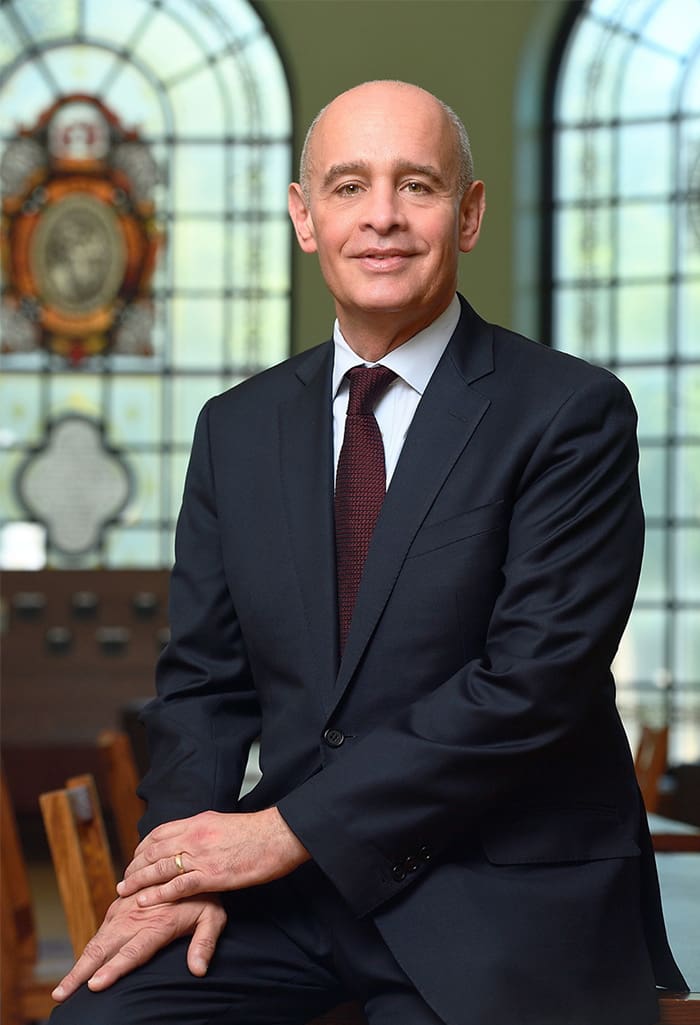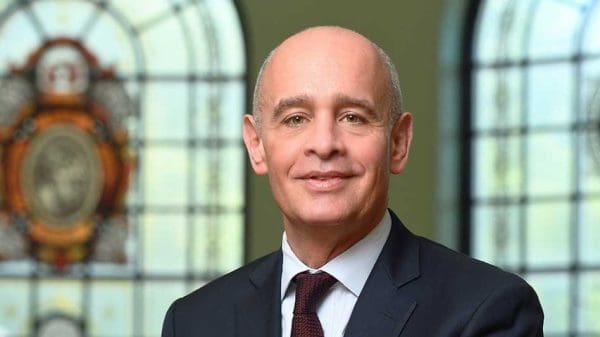
Pioneering. Courageous. Curious. Risk-taking. Collaborative. These are just a few of the traits that have kept the Johns Hopkins community going strong for 150 years.
In October, we marked the official kickoff of the university’s sesquicentennial celebration. It’s an opportunity for us to recognize our achievements, even as we look toward the future.
As we think about the evolution of Johns Hopkins over the past century and a half, I invite you to consider the role that the arts and sciences have played in our rich history. Our advances in the humanities, social sciences, and natural sciences have had game-changing impacts around the world. Indeed, the arts and sciences are the very foundation of the kind of research university that has one goal at its core—to seek the truth.
From that likely chilly day in February 1876 when 45-year-old Daniel Coit Gilman, the first president of Johns Hopkins, gave his inaugural address, the arts and sciences have been front and center. Gilman said, “Our simple aim is to make scholars, strong, bright, useful, and true.”
Celebrating Krieger School accomplishments
Since then, our accomplishments across disciplines have been broad. The discovery by a Hopkins physicist of an indispensable tool for measuring electromagnetic fields is still used today and has been key to the work of several Nobel Prize laureates. A professor of Near Eastern Studies confirms the authenticity of the Dead Sea Scrolls. An environmentalist predicts climate change decades before any of us started taking it seriously. A sociologist conducts a large research effort on inequality in American schools resulting in a landmark report that set the standard for public education reform. An archaeologist discovers proof of what is believed to be the oldest alphabet.
This is how our scholars in the arts and sciences have charted the course of change and discovery over the past 150 years—with persistence, hard work, and patience. During the coming year we’ll be sharing with you other notable achievements from the past century and a half. A milestone of this magnitude calls for celebration, but it’s also a time for some reflection and consideration about the future.
From the breathtaking images our scientists are gathering from the James Webb Telescope, to our renowned Writing Seminars whose faculty and staff continue to garner major literary awards, to the upcoming opening of our new SNF Agora Institute building, where democracy will be studied and debated, it’s clear that our present and future are full of opportunity for what Gilman called “knowledge for the world.”
If you are reading this now, it means your life has also in some way been influenced by the arts and sciences at Johns Hopkins, and I invite you to join us in celebrating our 150th birthday.
Sincerely,
Christopher S. Celenza
James B. Knapp Dean


